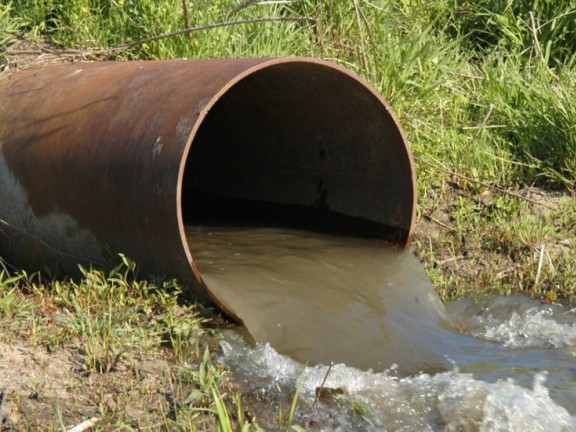Polluters & Compliance

Maryland permits roughly 30,000 facilities to discharge pollution to waterways. This pollution can contain fecal bacteria, sediment, heavy metals, and other toxic and hazardous pollutants. The state requires manufacturing plants, landfills, industrial livestock operations, and local governments that operate storm sewers and wastewater treatment plants to obtain these permits, which Maryland issues under authority of the federal Clean Water Act and state clean water laws and regulations.
Polluters have a legal and ethical duty to comply with state and federal regulations and the requirements of pollution permits. Responsible public and private entities that discharge water pollution not only endeavor to comply with their permits but also make regulatory compliance and sustainability a component of their operations and business models. However, there are still too many polluters that do not comply with requirements designed to protect Marylanders and their drinking water.
According to U.S. Environmental Protection Agency (EPA) data for Maryland, over the last few years, the number of permitted facilities in violation of permit requirements has varied between 700 and more than 1,000. Nearly 80 percent of these facilities are discharging pollutants into impaired (more heavily polluted) waterways. Over the last three years, only nine of these facilities have been fined, and 140 have had onsite inspections. This means state and federal agencies have only acted on 20 percent of noncompliant facilities over a span of three years.